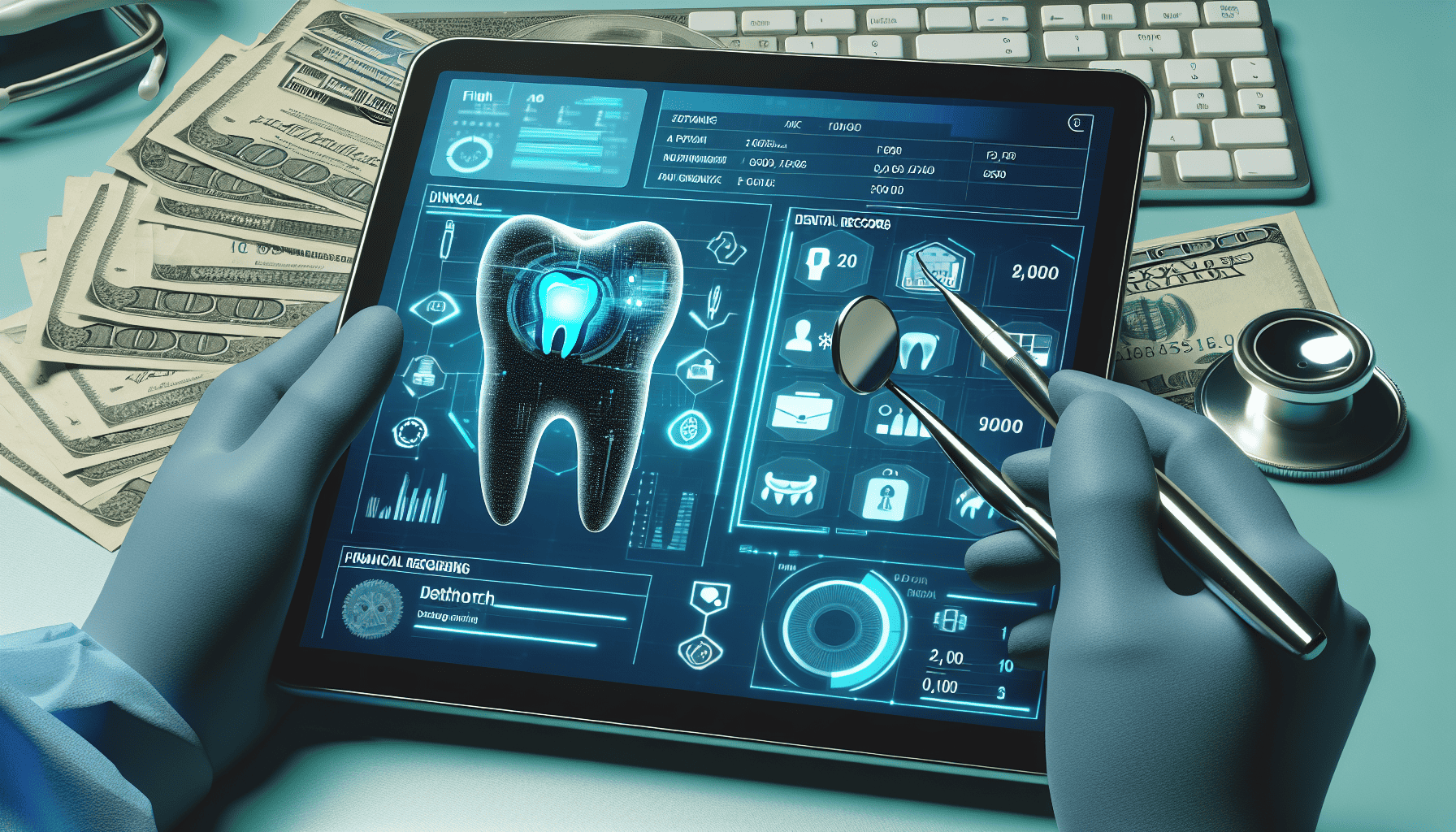In the rapidly evolving landscape of healthcare, the infusion of financial technology has brought about transformative changes, optimizing various services, including dental care. The integration of fintech solutions within dental practices promises not only enhanced operational efficiency but also an improved patient experience.
At the forefront of this integration is the facilitation of seamless payment systems. Fintech solutions enable dental clinics to offer diverse and convenient payment options, from mobile payments to contactless transactions. This flexibility not only caters to the preferences of patients but also streamlines the processing of transactions, reducing waiting times and administrative burdens for the clinic staff.
Moreover, fintech innovations are paving the way for more personalized and accessible patient financing options. With advanced algorithms and data analytics, dental practices can offer bespoke payment plans tailored to the financial situations of individual patients. This personalized approach ensures that oral healthcare remains accessible to a broader demographic, fostering a more inclusive environment for patients from various economic backgrounds.
Patient management systems have also seen a significant boost in efficiency thanks to fintech integration. These systems, enriched with cutting-edge technology, facilitate the automation of routine administrative tasks such as appointment scheduling, billing, and record management. This not only enhances the productivity of dental staff but also minimizes the risk of human error, ensuring that all patient interactions are smooth and accurate.
Furthermore, fintech's role in enhancing data security cannot be overlooked. Modern fintech solutions prioritize the safeguarding of sensitive patient information, ensuring that financial and personal data are stored and processed securely. This reassurance is vital in building trust with patients, who are becoming increasingly aware of the importance of data privacy.
Telehealth services in dentistry have also been fortified by fintech advancements. Remote consultations and follow-ups can now be conducted with greater ease, supported by secure payment gateways and efficient transaction methods. This new adaptability is crucial in maintaining continuity of care, especially in times when physical appointments are less feasible.
In conclusion, the integration of fintech into dental healthcare services is ushering in a new era of operational efficiency, patient-centered care, and enhanced security. As financial technology continues to advance, dental practices that adapt these innovations stand to offer an exemplary service not only in treatment quality but also in the overall patient experience. This seamless integration not only supports the business aspect of dental services but also, more importantly, underscores a commitment to accessible and efficient healthcare solutions.
